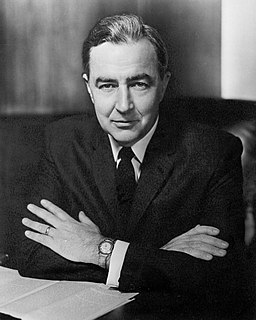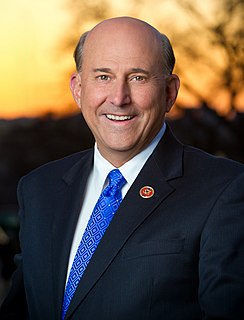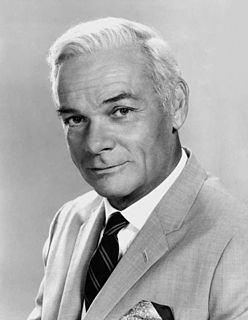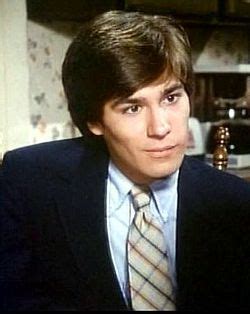A Quote by Franklin Foer
Once upon a time, gatekeepers were newspaper publishers and magazine editors and people who ran radio stations and news networks. And they decided what went above the fold and what went on page A10.
Related Quotes
There is danger in the concentration of control in the television and radio networks, especially in the large television and radio stations; danger in the concentration of ownership in the press...and danger in the increasing concentration of selection by book publishers and reviewers and by the producers of radio and television programs.
I think our primary function is to create the strongest, deepest, most interesting news report there is in the world.And whether it's on the front page of the newspaper or leading the home page doesn't really matter. We reach a huge audience on the Web. And really, you know, the journalists, whether they are reporters or editors or Web producers or multimedia specialists, we're all creating, you know, the journalism that is the bedrock of our news report. And that's true for the newspaper, the Web, our apps, and you name it.
Back in East Texas, all three networks have stations in my hometown of Tyler, and for a town that small, 85,000, to have all three networks, they all have their own news programs, six and 10, and they're always looking for news. Back when I was a judge, they were constantly coming to the courthouse and asking for comments.
That's absolutely true, but one problem with the digital revolution, which may tie into what I said earlier, is that there can be a collapse of quality. You may not have liked the decisions made by publishers in the past, you may not have liked the decisions made by magazine editors or newspaper editors in the past. At least there was some quality control
In September 2005, I was three things: the media blogger for 'FishbowlNY,' a maniacal Daily Show fan, and the only person to smuggle a tape recorder and camera into a big Magazine Publishers of America event featuring Jon Stewart interviewing five hotshot magazine editors in an unbelievable bloodbath.
We are extremely proud to represent all of Radio One's stations within the Katz Radio Group. For the past five years we have worked diligently alongside Radio One to build their business in the markets we have historically represented including Houston, Los Angeles, Philadelphia , Raleigh and Columbus. At a time of significant growth in the African American consumer market the addition of the remaining Radio One stations expands our ability to deliver strategic marketing solutions to our agency and advertiser customers.
I remember once when I was working on a magazine, and one of the male editors was going on a field trip with one of his sons. The office was full of, 'He's such a good dad,' whereas I came in late from a doctor's appointment for one of my children and was asked, 'Where were you? You'll need to make up the time.'






































